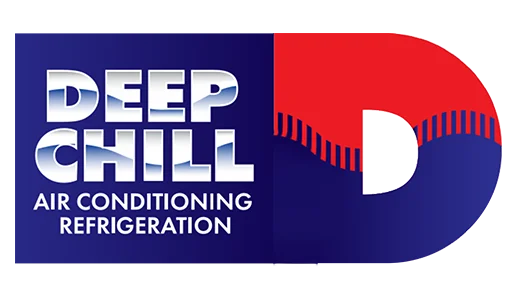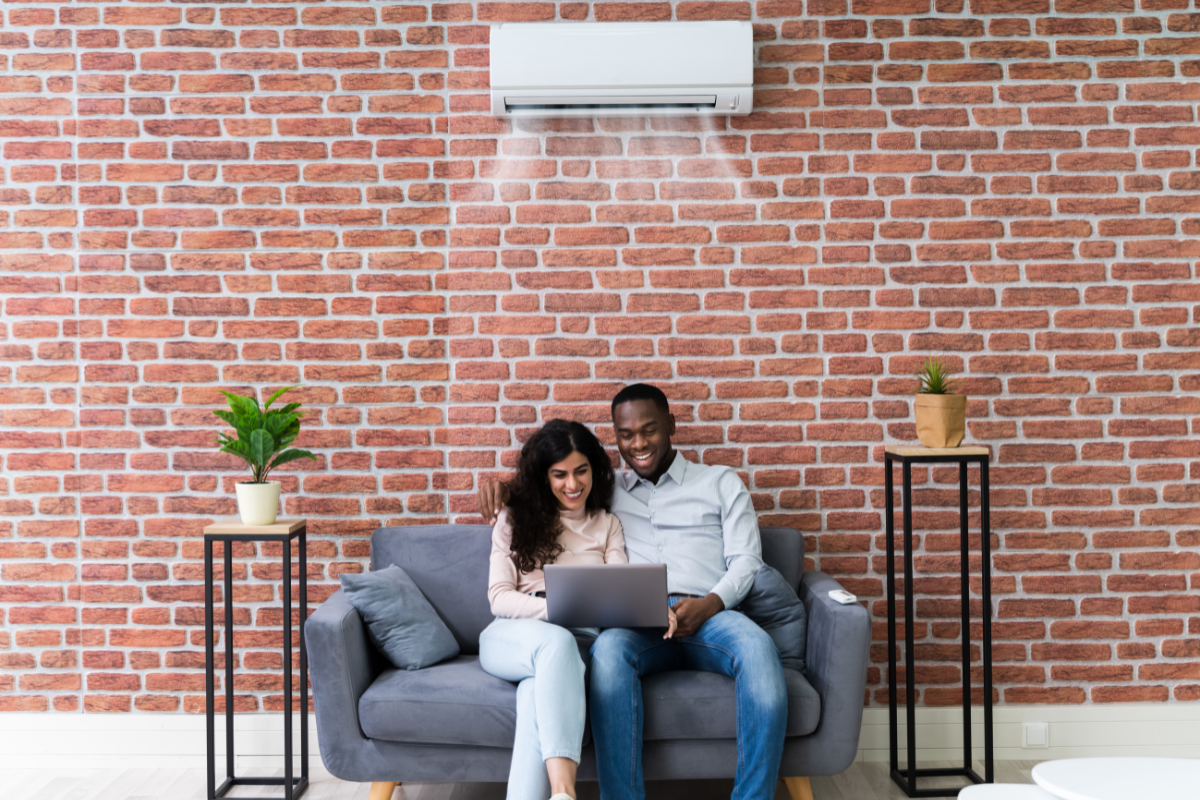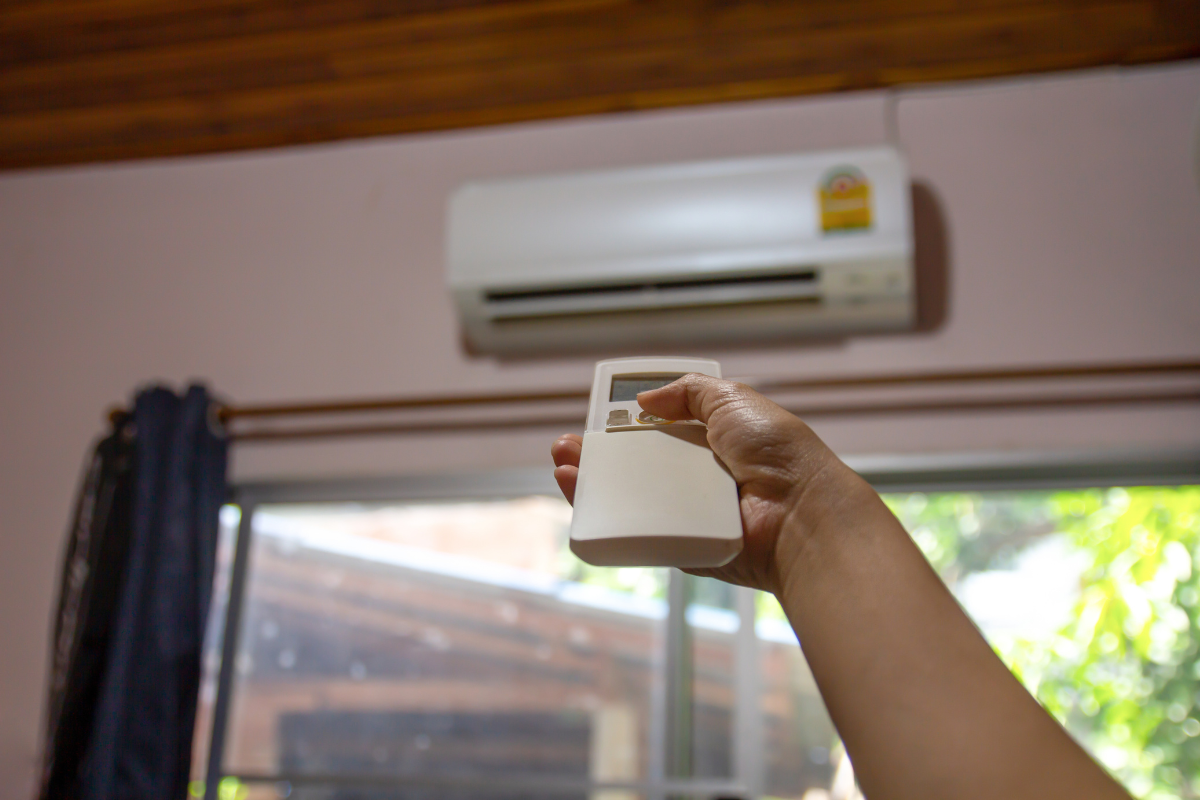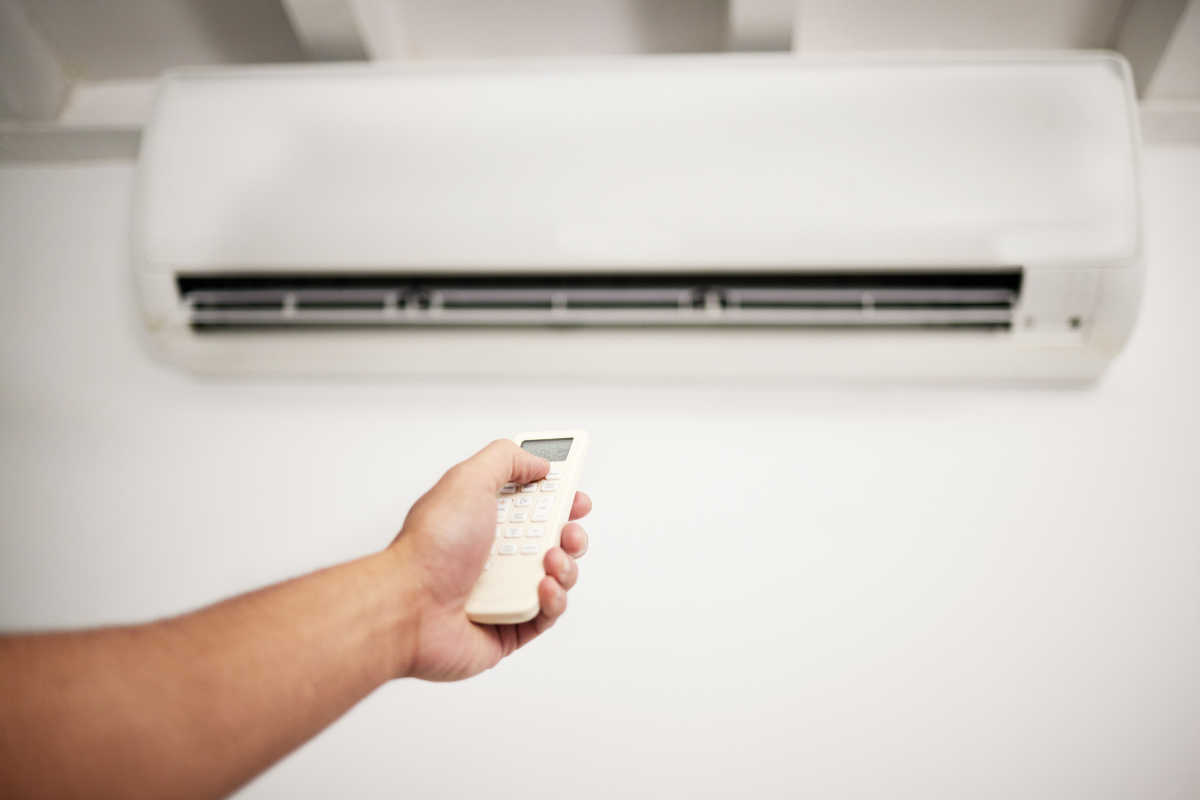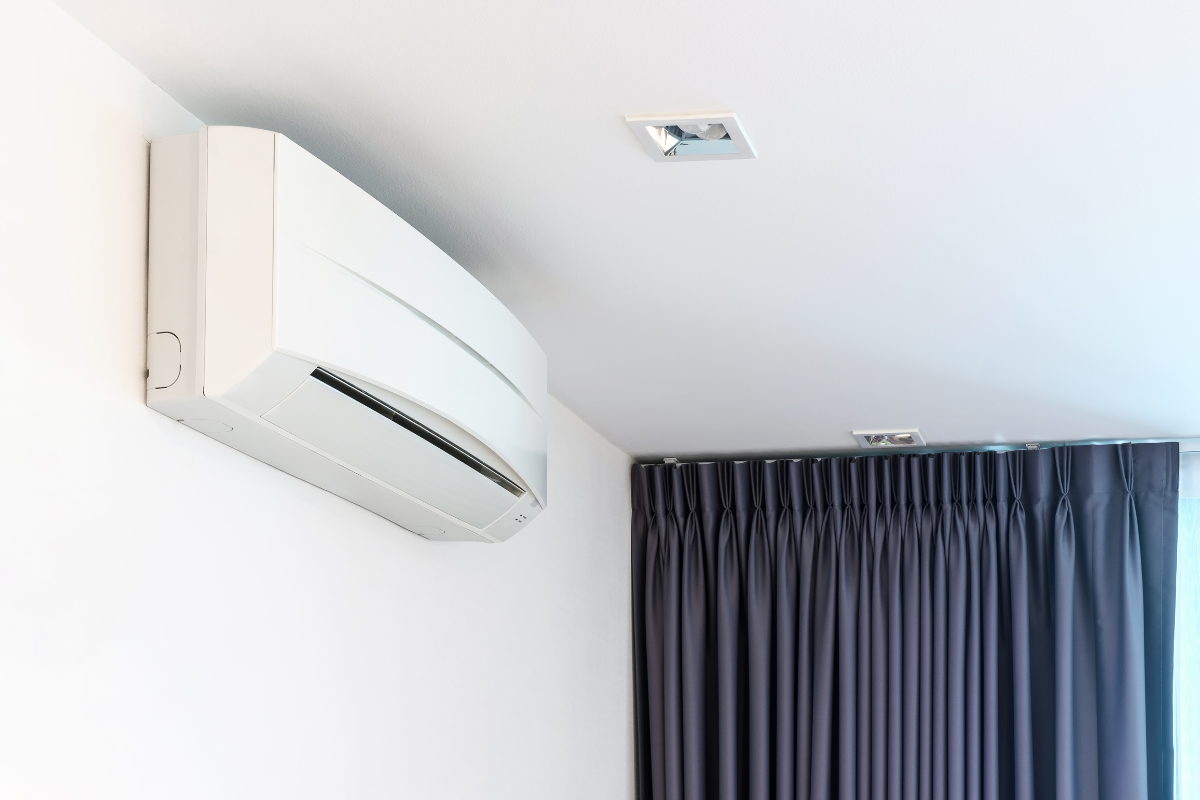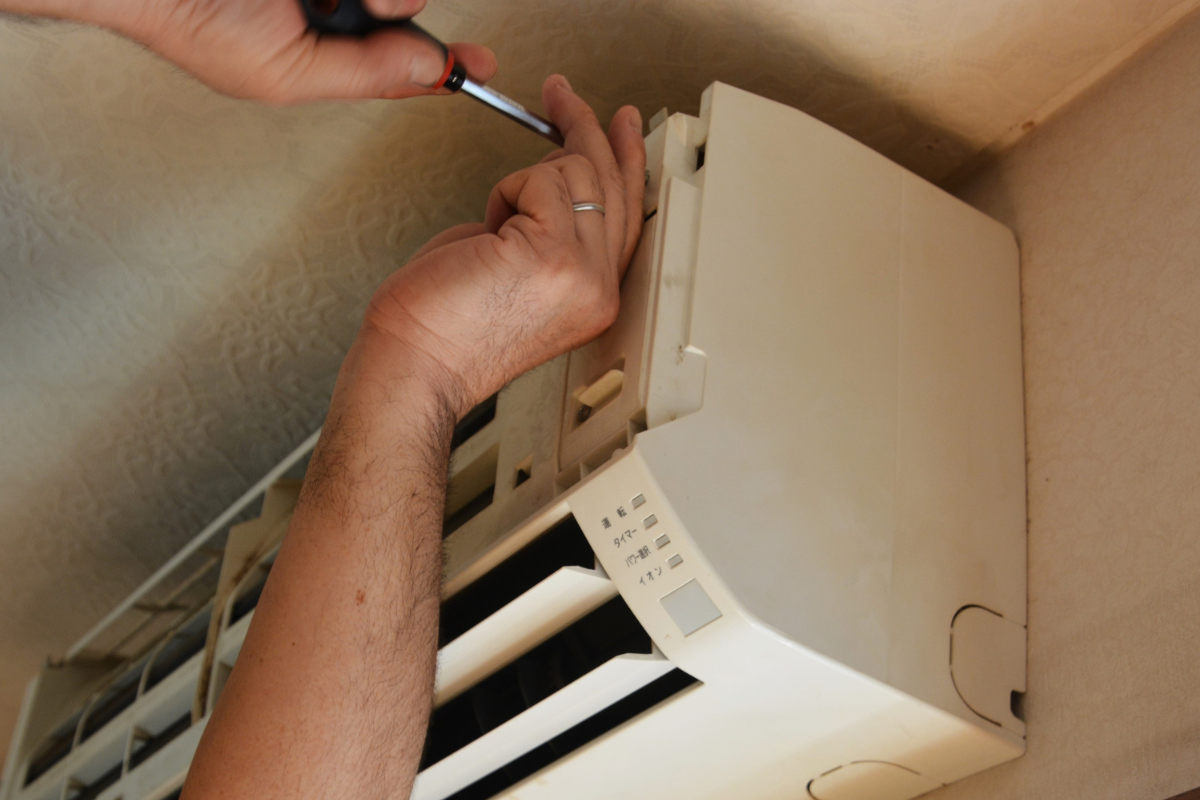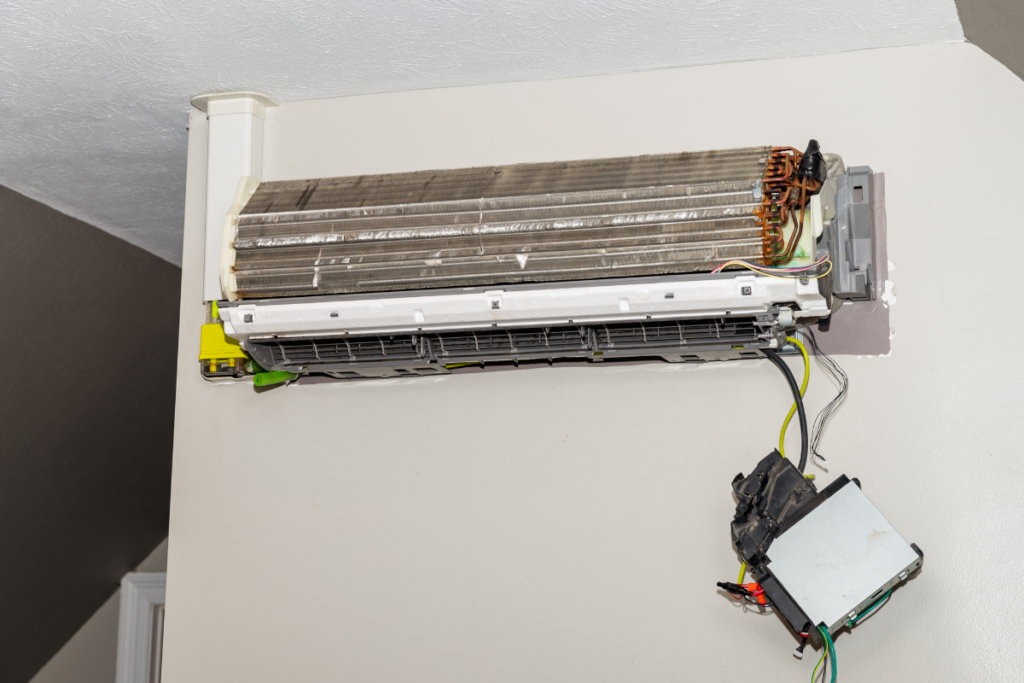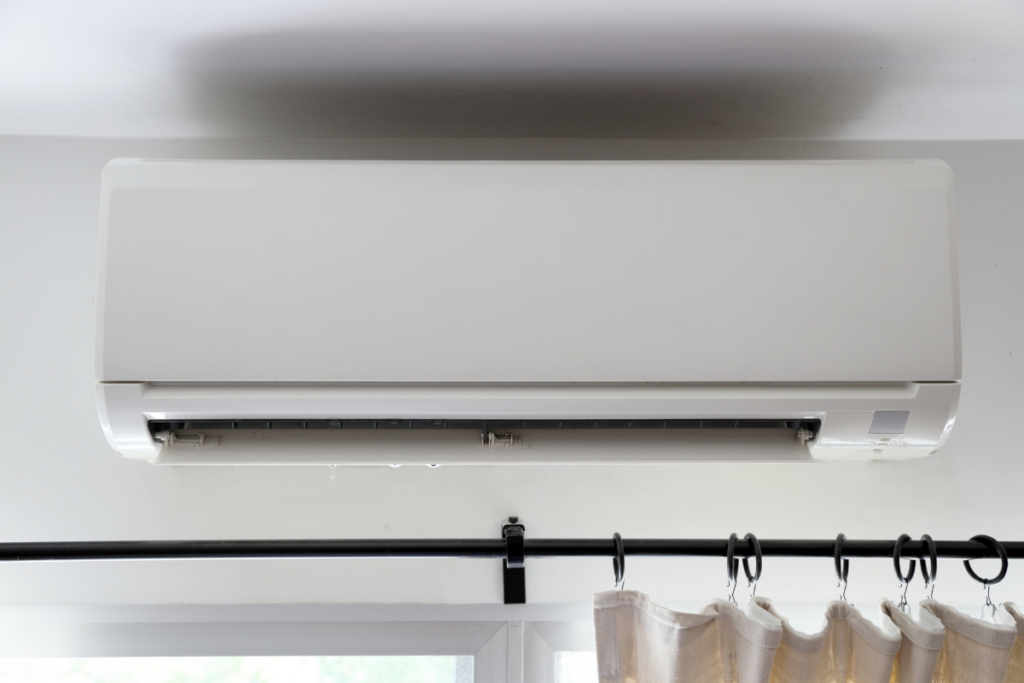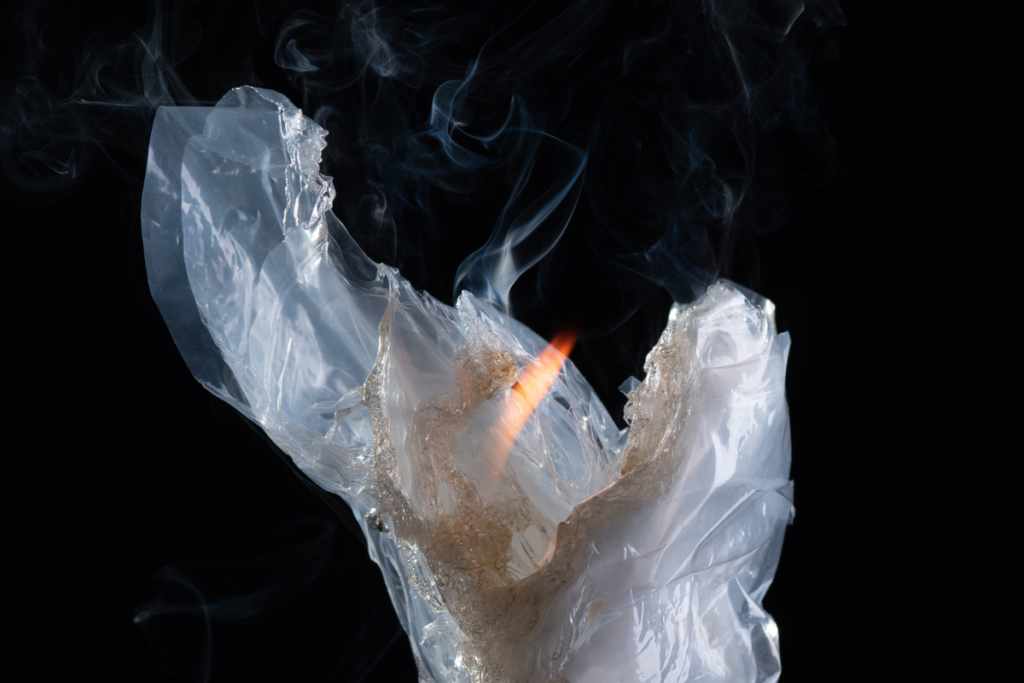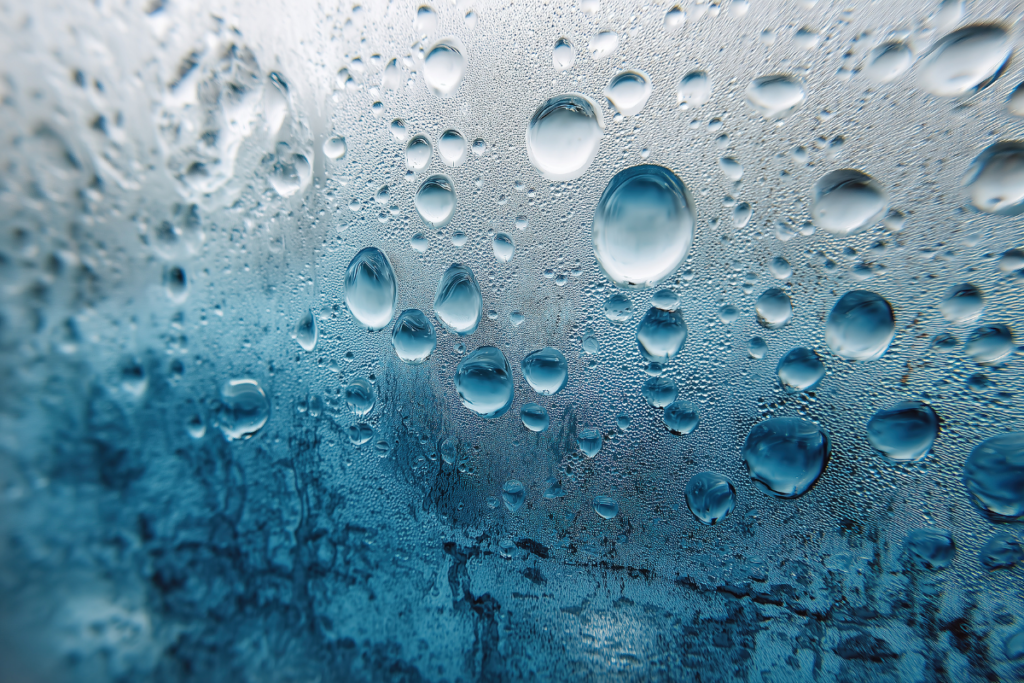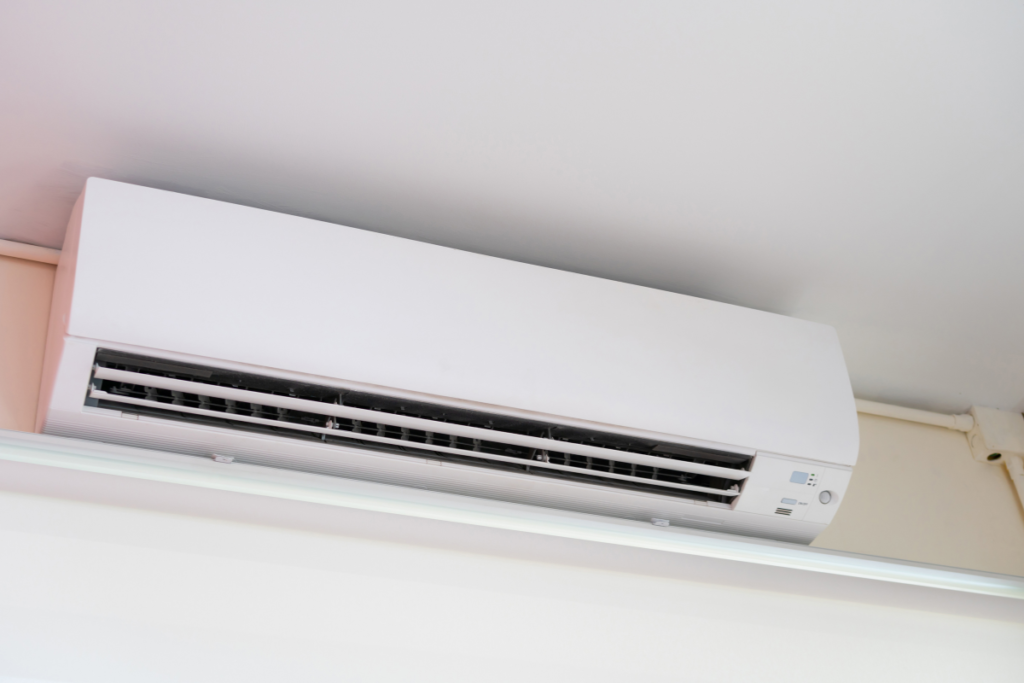When your AC outdoor unit leaks water, it can be alarming, especially if it forms puddles around your home or if your system isn’t cooling properly. But is it something to worry about? In some cases, yes. In others, it’s entirely normal. Knowing the difference can help you prevent long-term damage, save on repair costs, and keep your air conditioner running efficiently, especially in unstable weather like Gold Coast.
Table of contents
In this guide, we’ll explore the most common reasons behind water leaking from your outdoor unit, how to identify them, and what to do about it – based on expert HVAC insights and real-world technician experience.
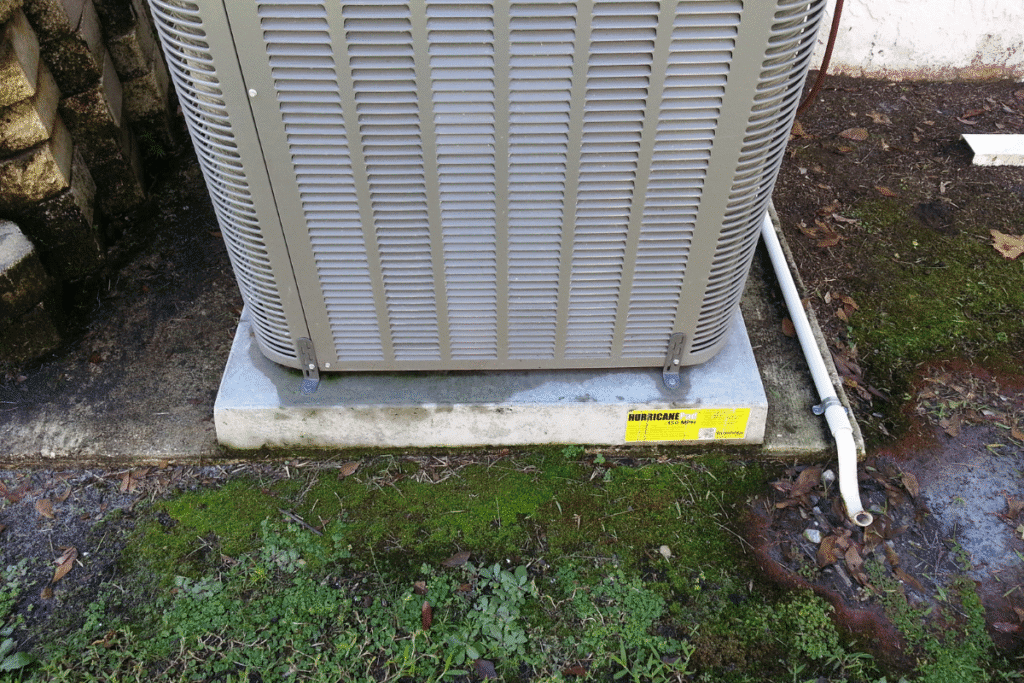
When is water leakage considered normal?
It’s typical for AC systems to produce some condensation during cooling. Warm humid air hits cold evaporator coils, forming water that drains outside through designated lines. A light drip or small puddle near the outdoor unit, especially on humid days, is expected and harmless.
Signs your AC outdoor unit is leaking water abnormally
- Visible puddles forming beneath the outdoor unit
- Constant dripping from underneath the system or from pipe connections
- Mould or algae growth on nearby walls or concrete
- Reduced cooling performance
- Gurgling or hissing sounds from inside the system
These symptoms often point to technical issues such as poor drainage, incorrect installation, refrigerant loss, or poor airflow – all of which can worsen over time without proper servicing.
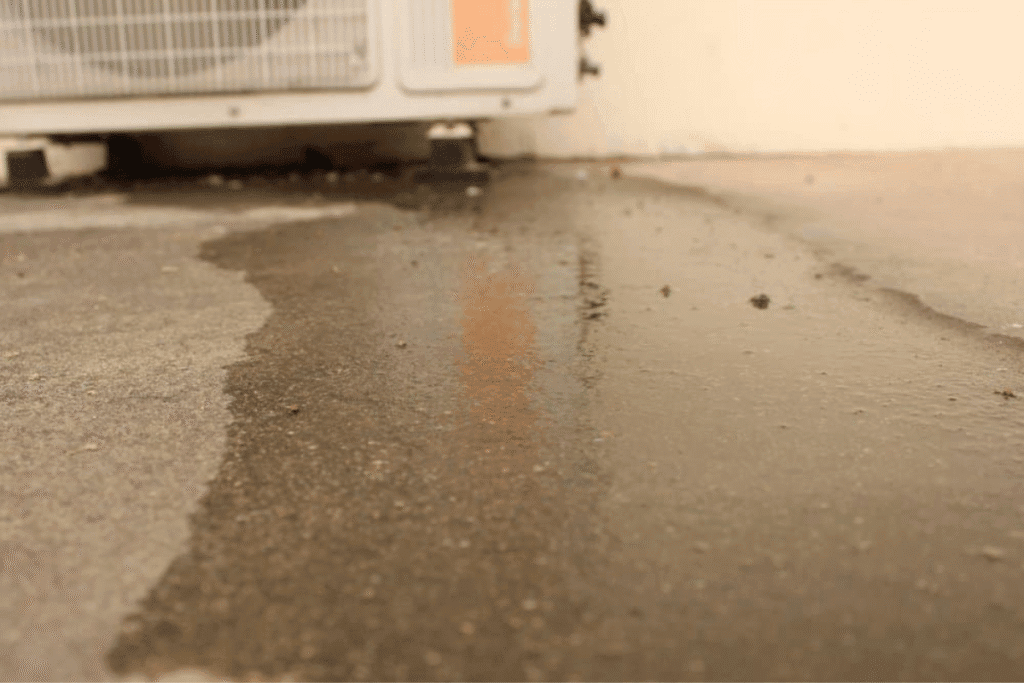
Common causes of water leaks in your outdoor AC unit
1. Clogged condensate drain line
Debris, algae or mold can block drainage, causing water to overflow.
Fix: Use a wet/dry vacuum, pipe-cleaning brush, or flush with vinegar solution. For persistent issues, call a technician.
2. Rusty or cracked drain pan
A deteriorated drain pan may leak instead of channeling water outside.
Fix: Inspect and replace the pan if cracked or corroded.
3. Dirty air filter / Frozen evaporator coil
Blocked filters reduce airflow, causing coils to freeze. As ice melts, water overflows.
Fix: Replace filters every 3 months and clean evaporator coils regularly.
4. Low refrigerant or refrigerant leak
Low refrigerant levels cause ice on coils and subsequent overflow when thawing.
Fix: Turn off the unit and contact a certified technician for leak detection and recharge.
5. Improper installation or poor unit leveling
If the drain line isn’t correctly sloped or unit isn’t level, water may trap and leak.
Fix: Ensure the outdoor unit is correctly leveled and the drain line slopes downward toward drainage.
6. Faulty condensate pump (if installed)
In high-efficiency systems, a broken condensate pump can cause overflow.
Fix: Inspect and repair or replace the pump.
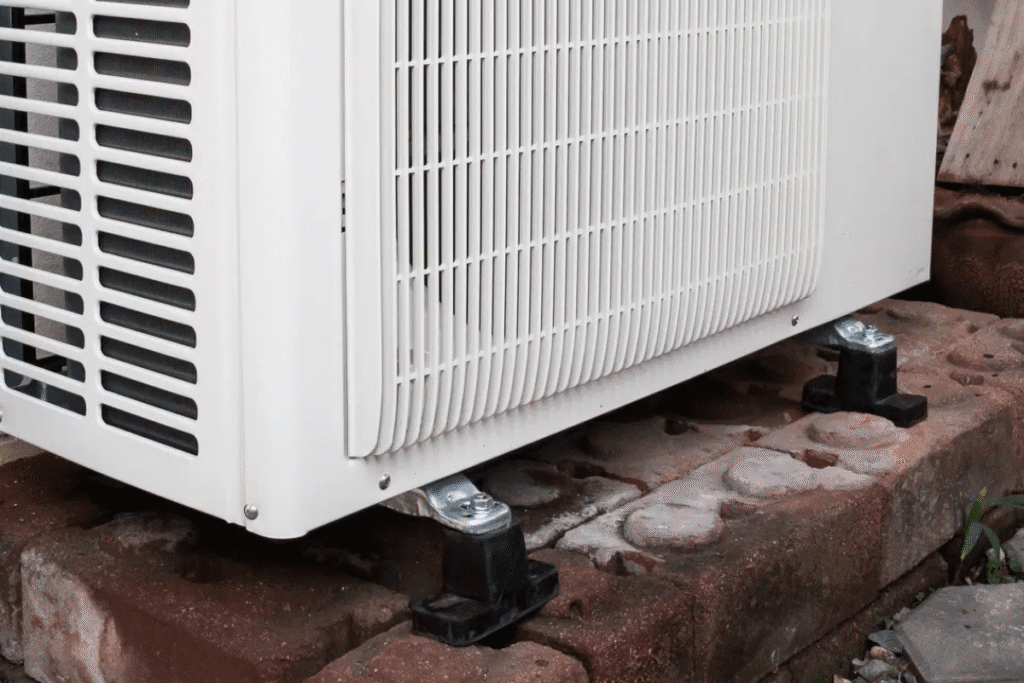
Preventive maintenance: Key to avoid water issues
- Clear debris around the outdoor unit – allow at least 30 cm clearance from walls or shrubs.
- Change air filters every 3 months (or sooner if dirty).
- Schedule annual HVAC inspections – a professional can clean coils, check refrigerant, and unclog drains.
Summary table
| Situation | Description | Action |
|---|---|---|
| Minor drip on humid days | Normal condensation | No action needed |
| Pooling water or constant leak | Likely issue (e.g. clogged, cracked pan, refrigerant leak) | DIY check or call technician |
| Reduction in cooling or strange sounds | May indicate refrigerant or airflow issue | Turn off unit and call professional |
When to call a professional
While minor condensation is normal, persistent water leaks from your AC outdoor unit are not. If you’ve ruled out simple causes like dirty filters or clogged drains, it’s time to bring in a professional for:
- Refrigerant top-up or leak repair
- Drain line replacement
- Coil cleaning
- System re-leveling or repositioning
- Annual system maintenance
At DEEPCHILL, our experienced technicians offer full air conditioning repair Gold Coast services – from leak diagnostics to complete system tune-ups.
If your AC outdoor unit leaks water, don’t ignore the signs. While it may be a natural byproduct of condensation in some cases, it could also indicate deeper issues such as low refrigerant, blocked drainage, or poor installation. Performing regular maintenance and calling an expert when needed is the key to preventing costly damage.
Looking for expert air conditioning Gold Coast support? Contact DEEPCHILL today for fast, reliable repairs and servicing across the Gold Coast.
